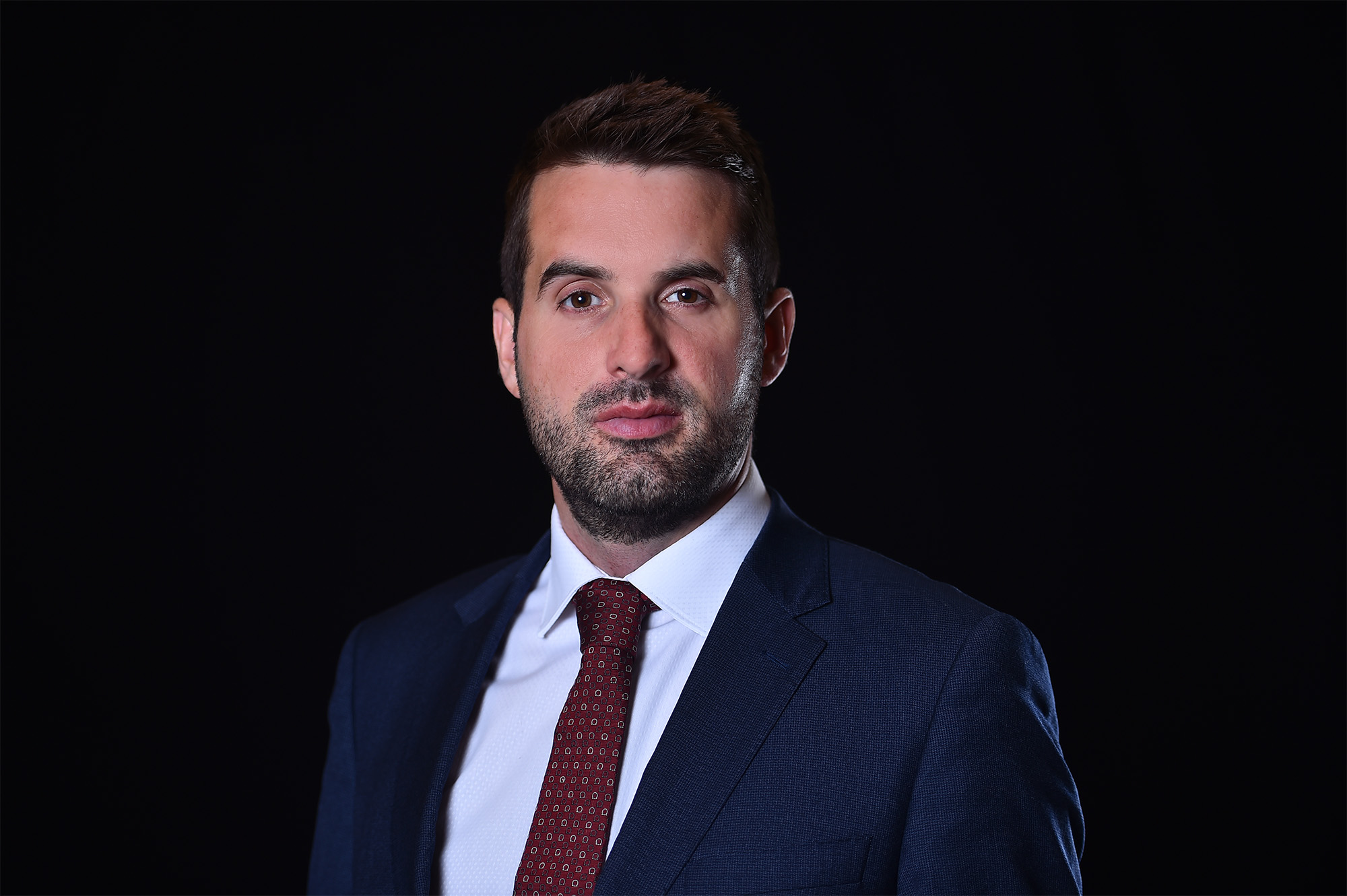On February 10, 2022, the UK government laid before parliament The Russia (Sanctions) (EU Exit) (Amendment) Regulations 2022 (SI 2022/123). These regulations expanded the scope of the UK’s Russian sanctions regime and enabled the introduction of these new sanctions in light of Russia recognising separatist regions in Ukraine.
Boris Johnson told the House of Commons that sanctions on five banks and three oligarch associates of Putin was the first tranche to be followed by “much, much tougher action” if Russia invaded Ukraine. However, the prime minister came under criticism from both sides of parliament for the initial tranche being “tepid” and unlikely to deter Putin from further action.
This was in contrast to Germany’s response, halting certification of the Nord Stream 2 natural gas pipeline that would link Germany with Russia. This has been the strongest move yet to punish the Kremlin for recognition of two separatist regions in Ukraine.
On Monday the US introduced an Executive Order blocking all dealings with the so-called Donetsk People’s Republic or Luhansk People’s Republic regions of Ukraine.[1] The Biden administration followed this up on Tuesday targeting two Russian banks including Corporation Bank for Development and Foreign Economic Affairs Vnesheconombank and Promsvyazbank Public Joint Stock Company.[2] These sanctions mean that Vnesheconombank and Promsvyazbank’s assets in US jurisdictions are frozen and all entities are prohibited from doing business with these institutions.
The sanctions imposed by the UK have frozen the assets and imposed travel bans on members of the Russian elite of particular significance to the Kremlin.[3] Namely, Gennady Timchenko, Boris and Igor Rotenberg. Furthermore, five Russian banks involved in bankrolling the Russian occupation have had their assets in the UK frozen. These include: Bank Rossiya; Black Sea Bank for Development and Reconstruction; IS Bank; Genbank and Promsvyazbank.
These sanctions mean that no UK individual or business will be able to deal with these banks or individuals until the sanction is lifted, which will in all likelihood only occur when territory currently occupied by Russia is returned to Ukrainian control.
The government has threatened “unprecedented” sanctions in the event of further aggressive acts by Russia against Ukraine. These include sanctions against members of the Russian Duma and Federation Council who voted to recognise the independence of Donetsk and Luhansk.
However, the new sanctions have been criticised as not strong enough. The strategy appears to hold back on full deployment of sanctions, to leave some in the event of escalation, which could be viewed as providing room for de-escalation but is contrasted by the actions of countries such as Germany.
Especially given that the sanctions announced on Tuesday were criticised as not going far enough to prevent further Russian action, which has, unfortunately, proven to be correct. We expect a new tranche of tougher sanctions to be announced imminently.
Article by Matt Ingham and Richard Milford of the Citizenship and Immigration Team.



